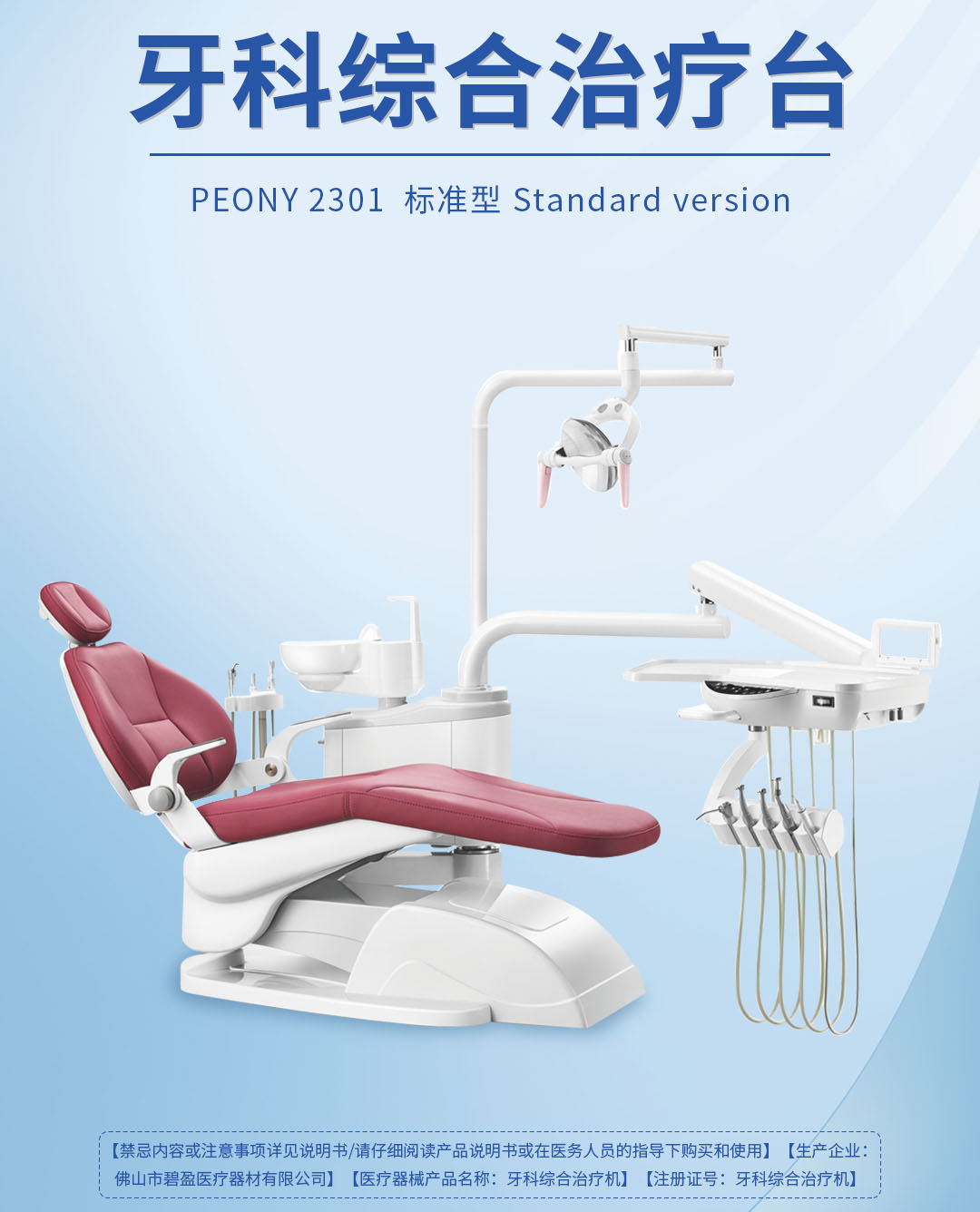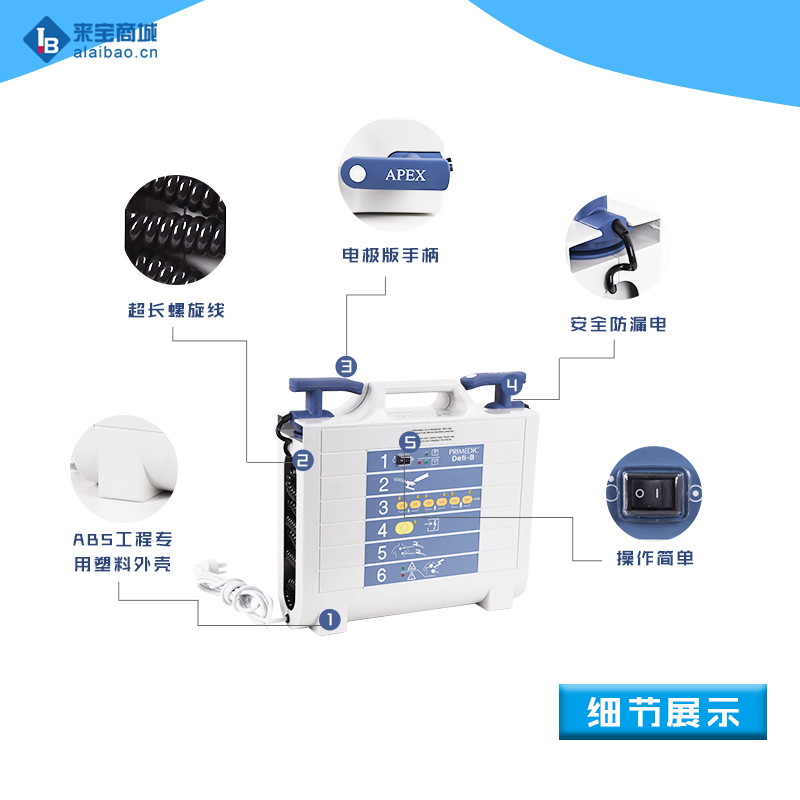FDA批准诺华多发性硬化症药物Gilenya
- Novartis2010年9月23日 19:46 点击:2686

![]()
北京时间9月23日凌晨消息,美国药品监管机构已批准了首款用于治疗多发性硬化症口服药物。
瑞士制药商诺华公司(NVS)表示,美国食品与药品管理局(FDA)已批准其生产的Gilenya作为一款口服药物治疗复发型多发性硬化症。
多发性硬化症是一种使人衰弱的神经系统疾病,患者会出现失去平衡、肌肉痉挛,以及其它行动问题。
这种疾病目前尚无根治办法,但可以使用类固醇在短期内缩短发病时间并降低症状的严重程度,目前市场上有7款药物已成功地减少了症状的复发频率。
所有这些药物均需要每日一次或定期注射,而这令一些患者丧失了治疗勇气。
美国国家多发性硬化症协会(National Multiple Sclerosis Society)的尼克-拉罗卡(Nick LaRocca)博士表示:“Gilenya为患者提供了注射或静脉滴注以外的选择。很多人更愿意接受口服药物,而不愿让针头刺进他们的身体。”
多发性硬化症会导致人体的免疫系统主动攻击大脑和脊髓的保护层髓鞘,而Gilenya的作用是减少一种经常攻击神经系统的白血细胞的数量。
今年6月,FDA的一个专家小组以25比0的票数认定,Gilenya帮助减少了多发性硬化症的复发。
尽管如此,小组成员仍对该药的副作用存在疑问,并且表示,患者首次服药时应该在医生的监督下进行,因为有突发心律不齐的可能性。
此外,该小组表示,患者应该接受例行的肺功能测试。
诺华在临床试验时使用了两种不同的剂量,该公司表示,获得FDA批准的是日剂量为0.5毫克的Gilenya。
这家总部位于巴塞尔的公司表示,一项为期两年的安慰剂控制研究显示,该药大大降低了残疾进展的风险。
诺华表示,正在为该药寻求欧洲以及世界其它地区的监管批准。
全球有大约250万人患有多发性硬化症,其中有大约40万人在美国。
- Gilenya is the first approved oral treatment indicated for relapsing forms of MS in the US, a major advance for people with this disease
- Gilenya showed superior efficacy by reducing relapses by 52% at one year compared with interferon beta-1a IM, a commonly prescribed treatment
- Two-year, placebo-controlled study showed that Gilenya significantly reduced the risk of disability progression
- Well-studied safety and tolerability profile with over 2,600 clinical trial patients
Basel, September 22, 2010 - Today, Novartis announced that the US Food and Drug Administration (FDA) approved the oral multiple sclerosis (MS) treatment Gilenya(TM) (fingolimod) 0.5 mg daily, a first-line treatment for relapsing forms of multiple sclerosis - the most common forms of the disease. The FDA approval makes Gilenya the first oral treatment indicated for relapsing forms of MS available in the US.
"Today is a significant and encouraging day for people with relapsing forms of MS in the US," said Nicholas LaRocca, Vice President of Healthcare Delivery and Policy Research at the National Multiple Sclerosis Society. "A new treatment option that offers significant efficacy in the convenience of a capsule is a welcome alternative to frequent injections for individuals living with this chronic disease."
Gilenya reduces the frequency of MS relapses (flare-ups) and helps slow the build-up of some of the physical problems caused by MS. In clinical trials, Gilenya has a well-studied safety and tolerability profile, which has been characterized in over 2,600 clinical trial patients, some of whom are in their seventh year of treatment, with more than 4,500 patient years of experience.
"Through a novel mechanism of action, Gilenya can significantly improve clinical outcomes among patients with relapsing forms of MS," said Fred Lublin, MD, Saunders Family Professor of Neurology, The Corinne Goldsmith Dickinson Center for Multiple Sclerosis, Mount Sinai School of Medicine. "Gilenya provides significant efficacy and manageable safety when used in accordance with approved labeling, making it a valuable advancement for relapsing MS patients and the physicians who treat them."
The Gilenya approval was based on the largest clinical trial program ever submitted to date to the FDA for a new MS drug and included combined data from clinical studies showing significant efficacy in reducing relapses, the risk of disability progression, and the number of brain lesions detected by magnetic resonance imaging (MRI), a measure of disease activity, in people with relapsing forms of MS.
"We are proud to have worked successfully with the MS community toward a shared goal of bringing a novel efficacious treatment to people with relapsing forms of MS," said Trevor Mundel, MD, Global Head of Development at Novartis Pharma AG. "We are actively pursuing regulatory approval in Europe and the rest of the world."
Gilenya is the first in a new class of drugs called sphingosine 1-phosphate receptor (S1PR) modulators. In MS, the immune system damages the covering that protects nerve fibers in the central nervous system (CNS), which includes the brain and spinal cord. Gilenya's novel mechanism is unknown, but it is thought to work by reducing the immune system's attack on the CNS by retaining certain white blood cells (lymphocytes) in the lymph nodes. This prevents the white blood cells from reaching the CNS, where they could potentially attack the protective covering around the nerve fibers, resulting in less inflammatory damage to the nerve cells. The white blood cell retention is reversible if Gilenya treatment is stopped.
About Gilenya
Gilenya is a prescription medicine used to treat relapsing forms of MS in adults. Gilenya can decrease the number of MS flare-ups (relapses). Gilenya does not cure MS, but it can help slow the build up of physical problems that MS causes.
The FDA regulatory application included data showing Gilenya 0.5 mg reduced relapses by 52% (P<0.001) at one year compared with interferon beta-1a IM (Avonex®), one of the most commonly prescribed treatments for MS Gilenya also reduced disease activity as measured by the number of new and newly enlarged T2 lesions on MRI scans compared to interferon beta-1a IM (1.6 vs 2.6, respectively, P=0.002) at one year. Data from a two-year placebo-controlled study showed a reduction in relapse rate (54% reduction P<0.001, compared with placebo) and risk of disability progression among Gilenya patients (30% reduction confirmed at three-month follow-up visit P=0.02, compared with placebo).
In both studies, treatment with Gilenya also resulted in statistically significant reductions in brain lesion activity as measured by MRI.
Gilenya was submitted to the European Medicines Agency (EMA) and to the US Food and Drug Administration for review in December 2009. The EMA regulatory review and other filings worldwide are ongoing.
Gilenya Important Safety Information
Gilenya may cause serious side effects such as slow heart rate (bradycardia or bradyarrhythmia), infections, macular edema, breathing and liver problems.
Gilenya can cause a patient's heart rate to slow down, especially after the first dose. The heart rate will usually slow down the most about six hours after a patient takes their first dose of Gilenya. Patients might feel dizzy or tired or be aware of a slow or irregular heartbeat if their heart rate slows down. A doctor will watch patients for the first six hours after they take the first dose to see if they have any serious side effects. A patient's slow heart rate will usually return to normal within about one month after they start taking Gilenya. Patients should call their doctor if at any time they have dizziness, tiredness or a slow or irregular heartbeat.
Gilenya can increase a patient's risk of serious infections. Gilenya lowers the number of white blood cells (lymphocytes) in the blood. This will usually go back to normal within two months of stopping treatment. A patient's doctor may perform a blood test before they start taking Gilenya. Patients should call their doctor right away if they have fever, tiredness, body aches, chills, nausea or vomiting.
Macular edema can cause some of the same vision symptoms as an MS attack (optic neuritis). Patients may not notice any symptoms with macular edema. Macular edema usually starts in the first three to four months after taking Gilenya. A doctor should test a patient's vision before they start taking Gilenya and three to four months after they start taking Gilenya, or any time they notice vision changes during treatment. Risk of macular edema may be higher if a patient has diabetes or has had an inflammation of the eye called uveitis. Patients should call their doctor right away if they have blurriness, shadows or a blind spot in the center of their vision, sensitivity to light or unusually colored vision.
Some patients who take Gilenya have shortness of breath. Patients should call their doctor right away if they have trouble breathing.
Gilenya may cause liver problems. A doctor should do blood tests to check a patient's liver before they start taking Gilenya. Patients should call their doctor right away if they have nausea, vomiting, stomach pain, loss of appetite, tiredness, dark urine, or their skin or the whites of their eyes turn yellow.
Gilenya may harm an unborn baby. Women should talk to their doctor if they are pregnant or planning to become pregnant. Women who can become pregnant should use effective birth control while on Gilenya and for at least two months after stopping. If a patient becomes pregnant while taking Gilenya or if they become pregnant within two months after stopping Gilenya, they should tell their doctor right away. Women who take Gilenya should not breastfeed, as it is not known if Gilenya passes into breast milk.
Patients should tell their doctor about all their medical conditions, including if they have had or now have an irregular or abnormal heartbeat, a heart rate of less than 55 beats a minute, a fever, infection or if they are unable to fight infections, eye problems, diabetes, breathing or liver problems, or high blood pressure. Patients should especially tell their doctor if they have had chicken pox or have recently received the vaccine for chicken pox. A doctor may do a test for chicken pox virus and patients may need to get the vaccine for chicken pox and wait one month before starting Gilenya.
Patients should tell their doctor about all the medicines they take, including medicines for heart problems or high blood pressure, vaccines, other medicines to control their immune system or treat cancer, or ketoconazole (an antifungal) by mouth.
The most common side effects with Gilenya were headache, flu, diarrhea, back pain, abnormal liver tests and cough.
Gilenya Risk Evaluation and Mitigation Strategy (REMS)
Gilenya has been approved in the US with a Risk Evaluation and Mitigation Strategy (REMS) to inform patients and healthcare providers on the safe use and serious risks of Gilenya in treating relapsing forms of MS. The approved REMS includes a medication guide for patients, and a letter and safety information guide for healthcare providers. Additionally, Novartis will initiate a five-year, worldwide post-authorization safety study to monitor selected safety-related outcomes and a voluntary pregnancy registry, the findings from which will be used to give healthcare providers important information for treating and counseling patients with MS that are pregnant or may become pregnant.
About Multiple Sclerosis
While there is still much to be understood about multiple sclerosis, it is thought to be an autoimmune disease of the central nervous system that is chronic, progressive and often disabling. It affects over 400,000 Americans and more than 2.1 million people worldwide[1]. The most common forms of the disease, relapsing forms of MS, are characterized by exacerbations or "flare-ups" interspersed with periods of disease remission. Typically, MS strikes in early adulthood between the ages of 20 and 50 and affects women twice as frequently as men.
Avonex® is a registered trademark of Biogen Idec
Disclaimer
The foregoing release contains forward-looking statements that can be identified by terminology such as "risk," "encouraging," "can," "potentially," "ongoing," "may," "will," or similar expressions, or by express or implied discussions regarding potential approvals to sell Gilenya in additional markets or regarding potential future revenues from Gilenya. You should not place undue reliance on these statements. Such forward-looking statements reflect the current views of management regarding future events, and involve known and unknown risks, uncertainties and other factors that may cause actual results with Gilenya to be materially different from any future results, performance or achievements expressed or implied by such statements. There can be no guarantee that Gilenya will be approved for sale in any additional markets. Nor can there be any guarantee that Gilenya will achieve any particular levels of revenue in the future. In particular, management's expectations regarding Gilenya could be affected by, among other things, unexpected regulatory actions or delays or government regulation generally; unexpected clinical trial results, including unexpected new clinical data and unexpected additional analysis of existing clinical data; competition in general; government, industry and general public pricing pressures; the company's ability to obtain or maintain patent or other proprietary intellectual property protection; the impact that the foregoing factors could have on the values attributed to the Novartis Group's assets and liabilities as recorded in the Group's consolidated balance sheet, and other risks and factors referred to in Novartis AG's current Form 20-F on file with the US Securities and Exchange Commission. Should one or more of these risks or uncertainties materialize, or should underlying assumptions prove incorrect, actual results may vary materially from those anticipated, believed, estimated or expected. Novartis is providing the information in this press release as of this date and does not undertake any obligation to update any forward-looking statements contained in this press release as a result of new information, future events or otherwise.
About Novartis
Novartis provides healthcare solutions that address the evolving needs of patients and societies. Focused solely on healthcare, Novartis offers a diversified portfolio to best meet these needs: innovative medicines, cost-saving generic pharmaceuticals, preventive vaccines, diagnostic tools and consumer health products. Novartis is the only company with leading positions in these areas. In 2009, the Group's continuing operations achieved net sales of USD 44.3 billion, while approximately USD 7.5 billion was invested in R&D activities throughout the Group. Headquartered in Basel, Switzerland, Novartis Group companies employ approximately 102,000 full-time-equivalent associates and operate in more than 140 countries around the world. For more information, please visit http://www.novartis.com.
# # #
Novartis Media Relations
| Central media line : +41 61 324 2200 | |
| Eric Althoff Novartis Global Media Relations +41 61 324 7999 (direct) +41 79 593 4202 (mobile) eric.althoff@novartis.com |
Åsa Josefsson Novartis Pharma Communications +41 61 324 0161 (direct) +41 79 515 2253 (mobile) asa.josefsson@novartis.com |
e-mail: media.relations@novartis.com
For Novartis multimedia content, please visit
www.thenewsmarket.com/Novartis
For questions about the site or required registration, please contact:
journalisthelp@thenewsmarket.com.
Novartis Investor Relations
| Central phone: | +41 61 324 7944 | ||
| Susanne Schaffert | +41 61 324 3769 | North America: | |
| Pierre-Michel Bringer | +41 61 324 1065 | Richard Jarvis | +1 212 830 2433 |
| Thomas Hungerbuehler | +41 61 324 8425 | Jill Pozarek | +1 212 830 2445 |
| Isabella Zinck | +41 61 324 7188 | Edwin Valeriano | +1 212 830 2456 |
| e-mail: investor.relations@novartis.com |
e-mail: investor.relations@novartis.com |
||
Download:
Media release
联系邮箱:kefu@labbase.net
版权与免责声明
- 凡本网注明“来源:来宝网”的所有作品,版权均属于来宝网,转载请必须注明来宝网, http://www.labbase.net,违反者本网将追究相关法律责任。
- 本网转载并注明自其它来源的作品,目的在于传递更多信息,并不代表本网赞同其观点或证实其内容的真实性,不承担此类作品侵权行为的直接责任及连带责任。其他媒体、网站或个人从本网转载时,必须保留本网注明的作品来源,并自负版权等法律责任。
- 如涉及作品内容、版权等问题,请在作品发表之日起一周内与本网联系,否则视为放弃相关权利。






